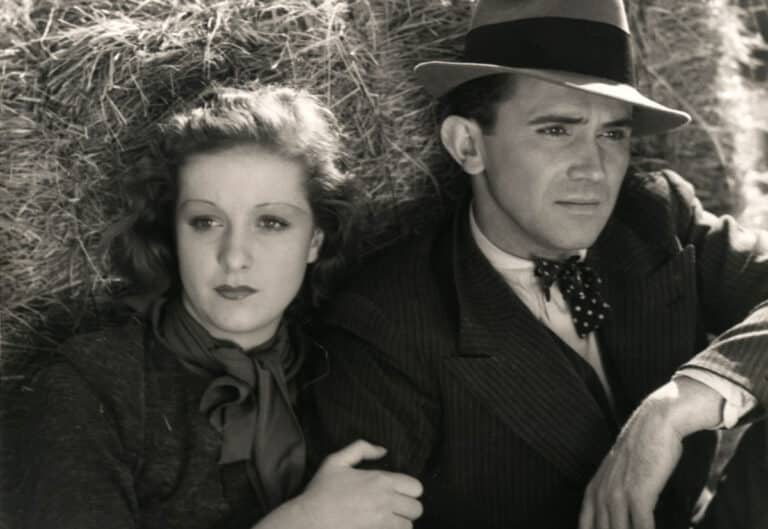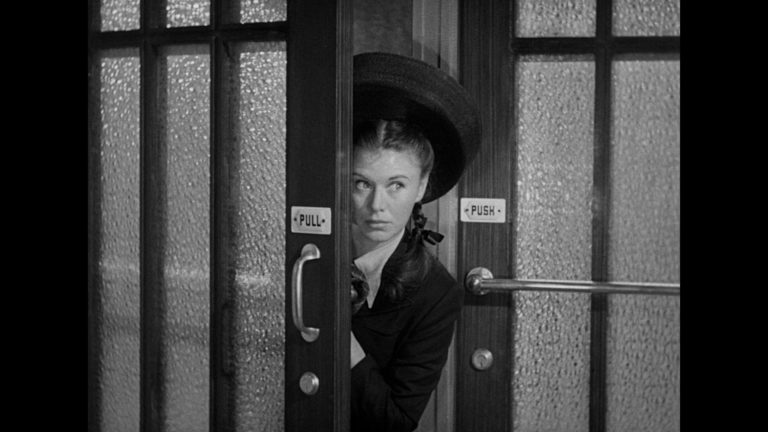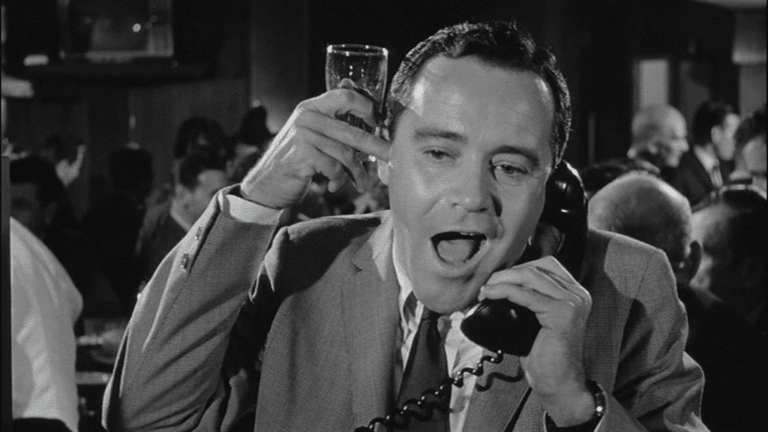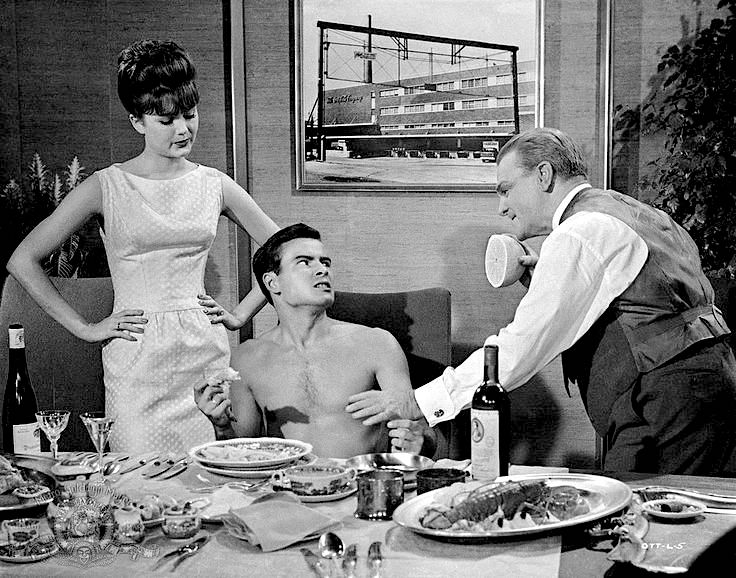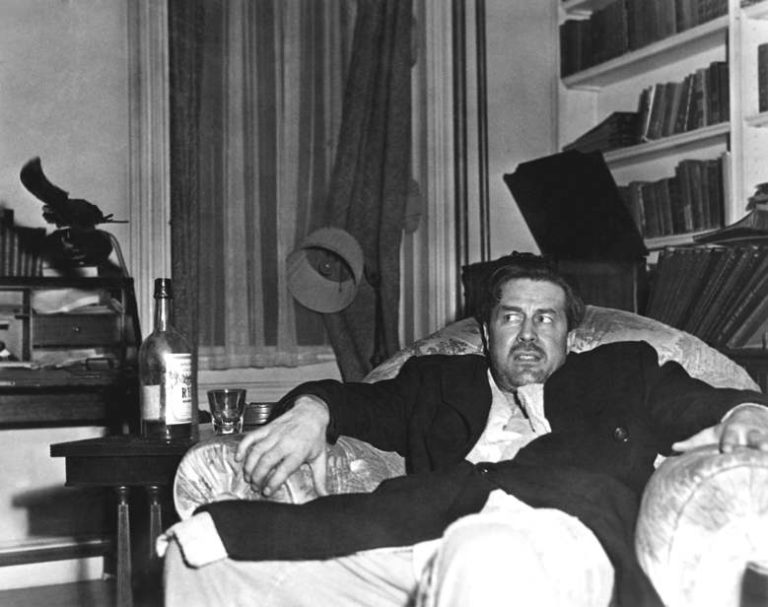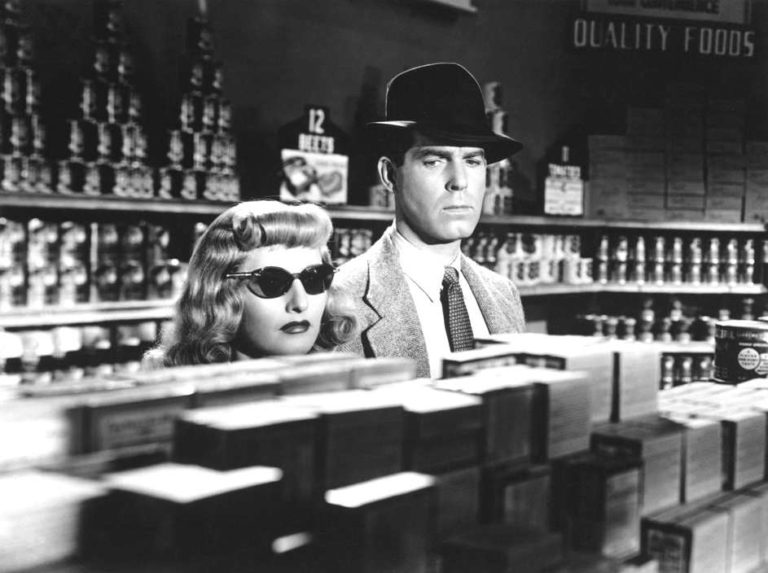Bad Seed
Billy Wilder directed 1934’s Bad Seed (Mauvaise Graine) more out of necessity than desire. He’d never directed a film before, in spite of having been quite a big wheel as a writer in the German film industry (the Nazis put paid to that). But he was in a tight spot and so had to add a string to his bow. He wouldn’t direct another film for eight years, in Hollywood, where 1942’s The Major and the Minor became the first of a remarkable run lasting nearly 40 years. Alexander Esway also gets a director’s credit, but he was little more than a gracious front man whose name helped Wilder’s movie get financed. What’s … Read more
